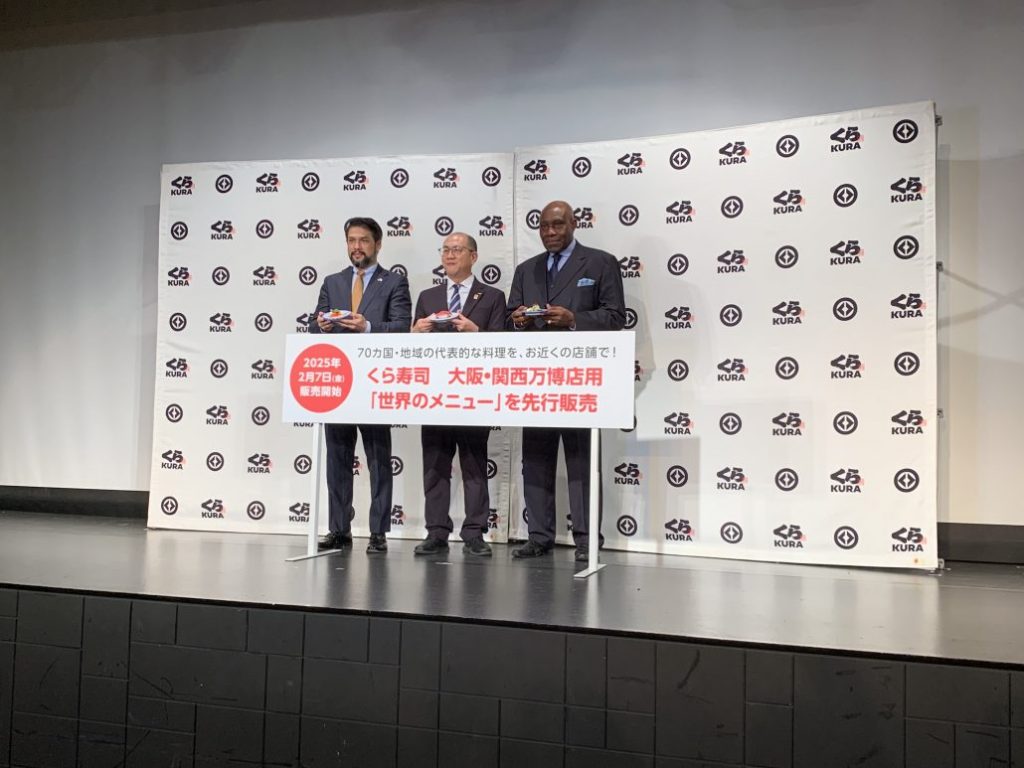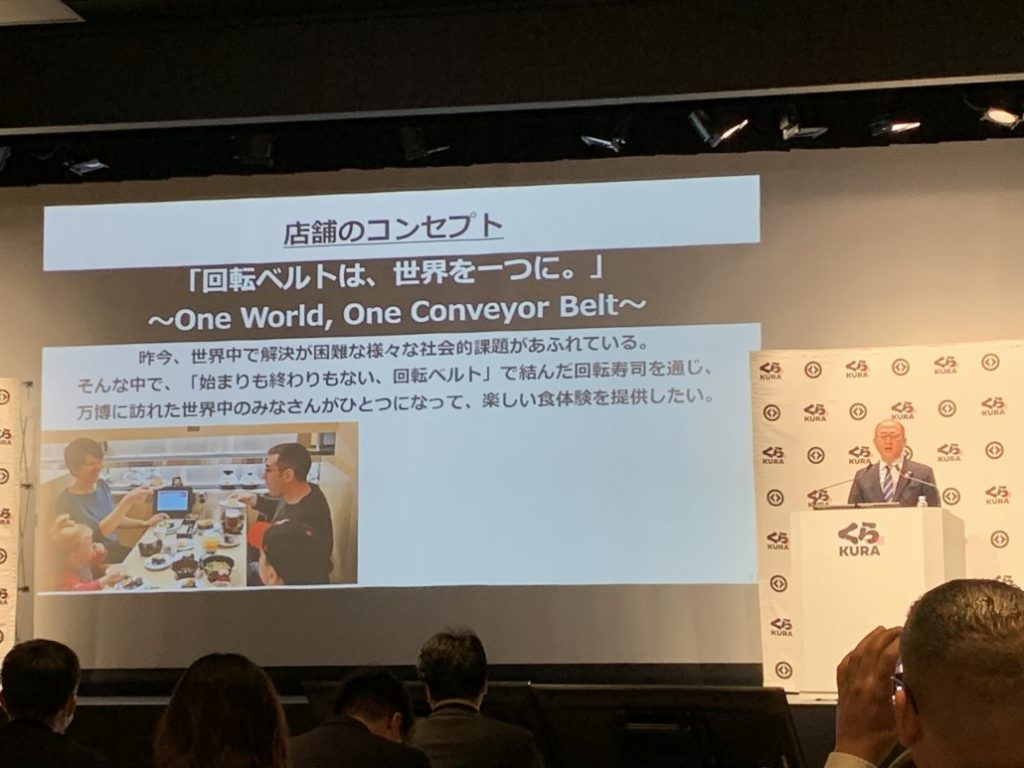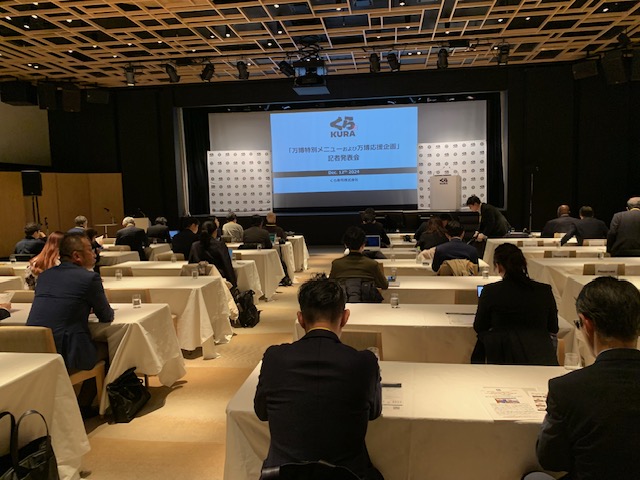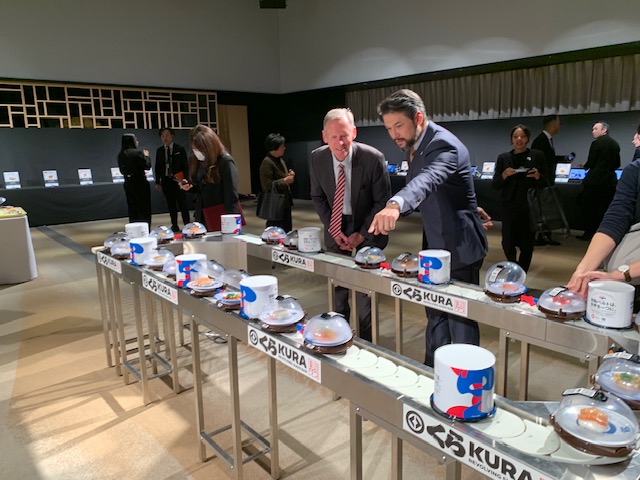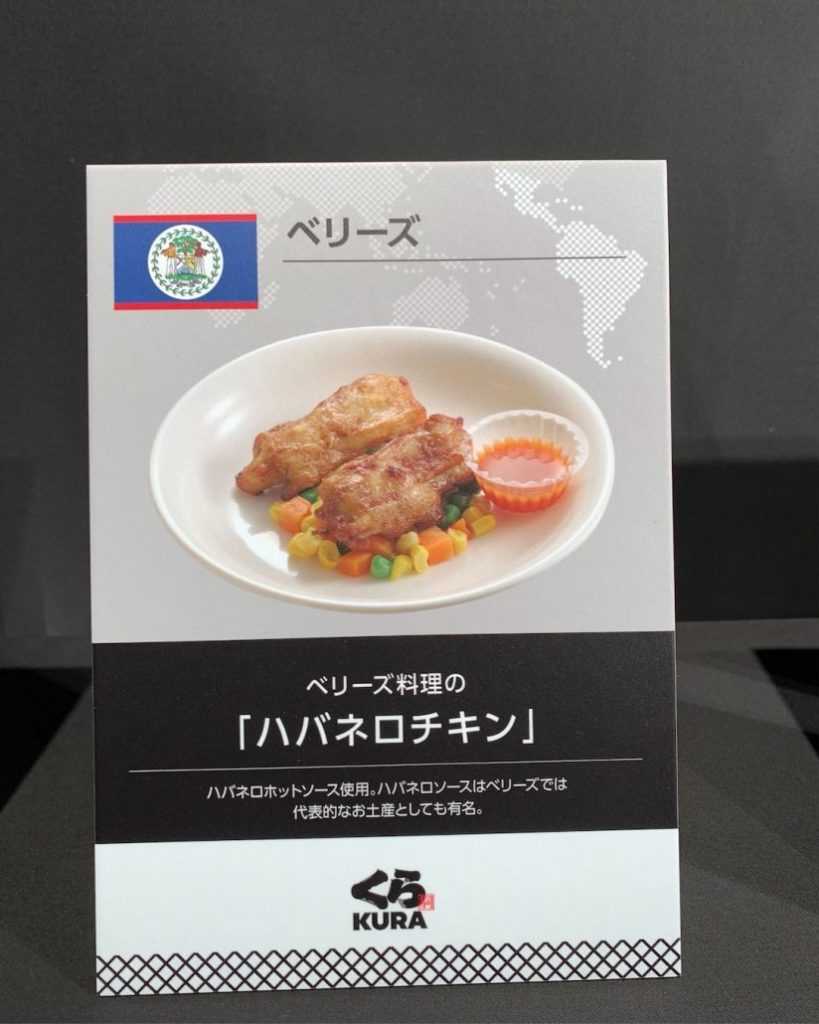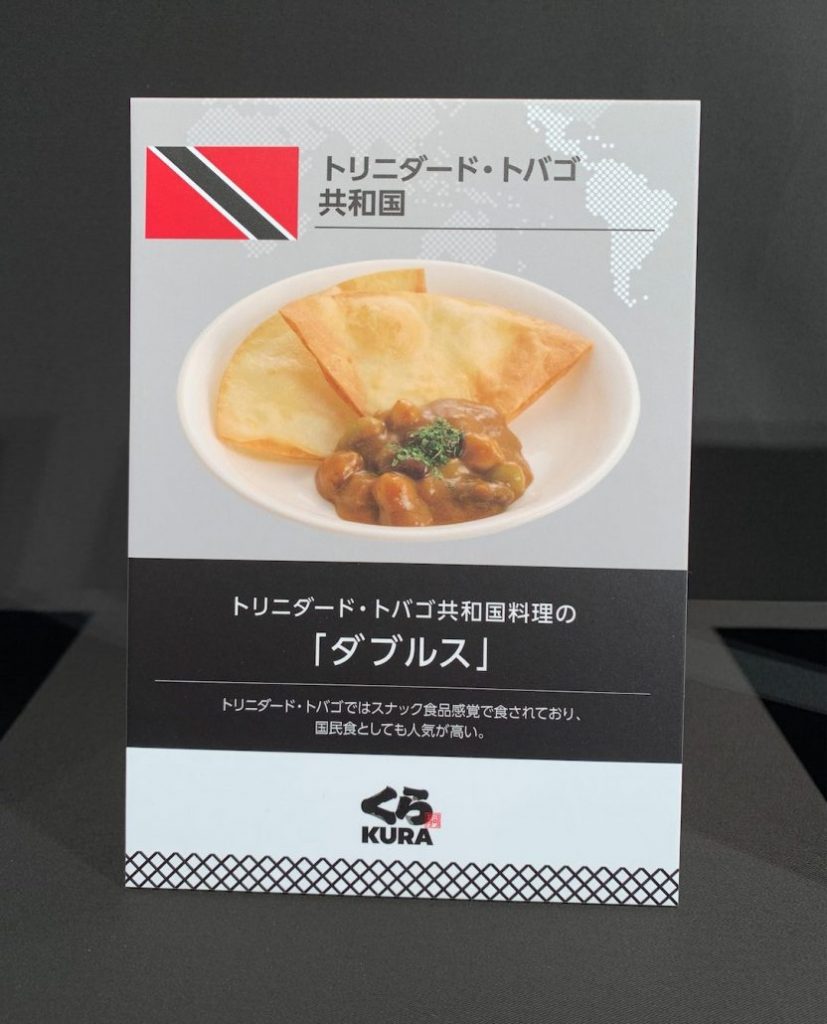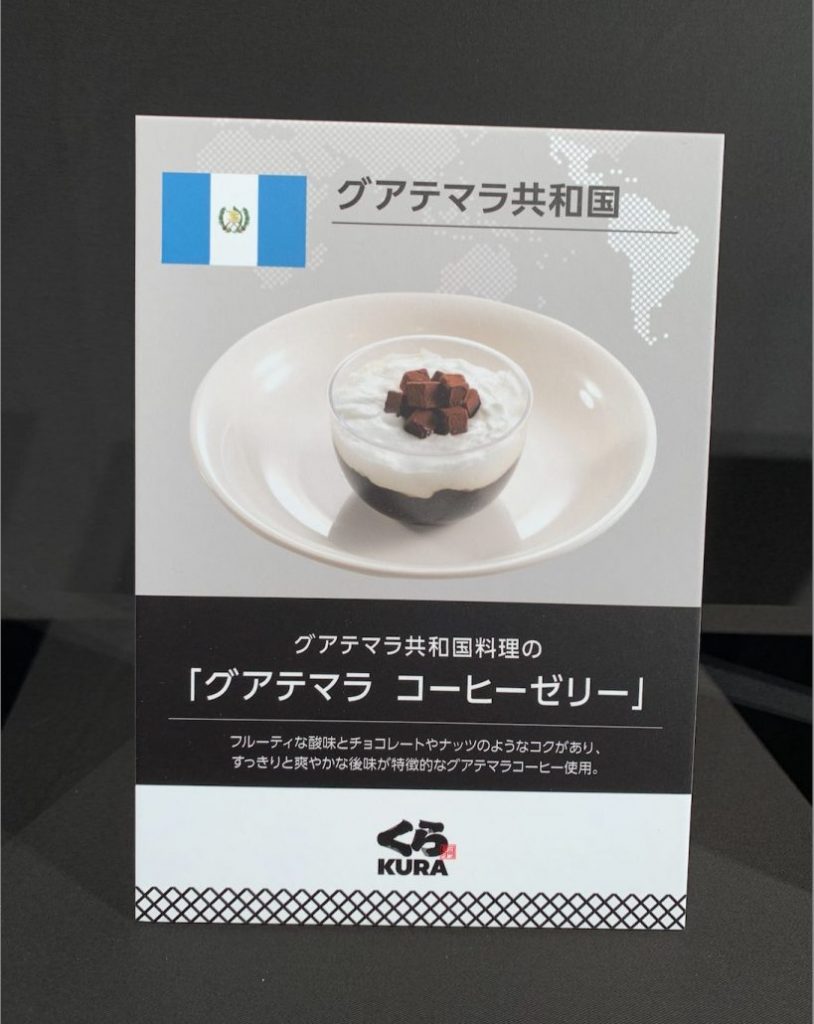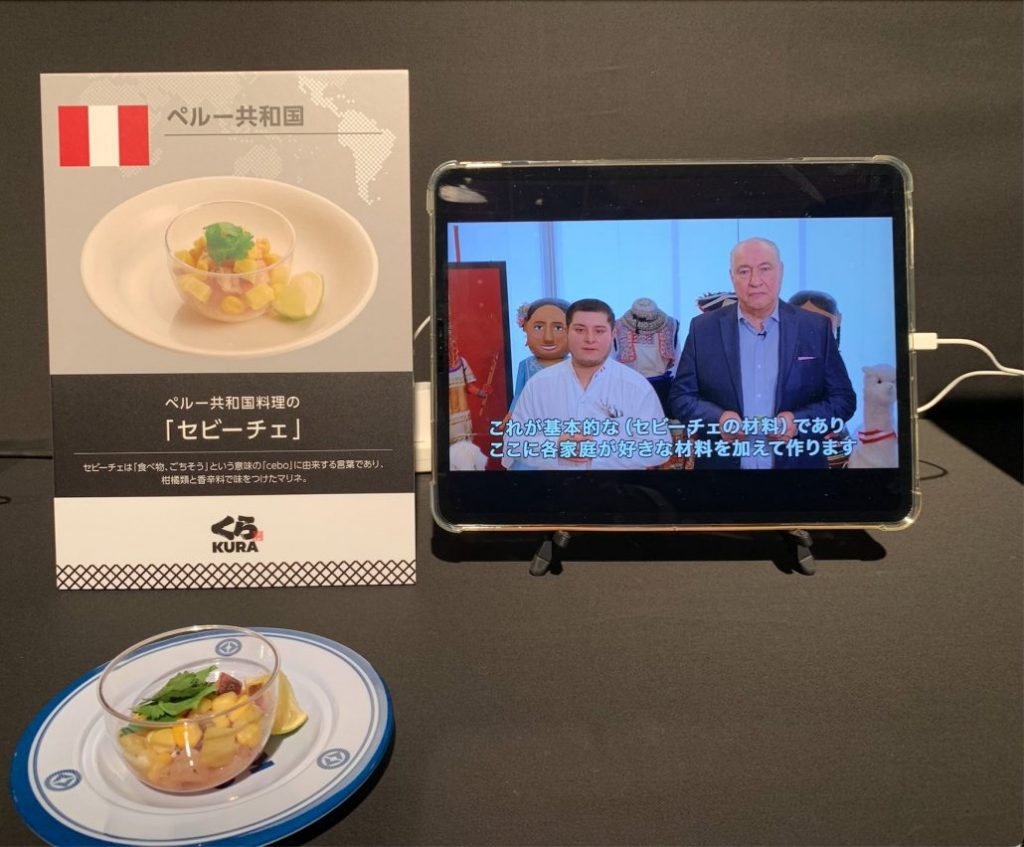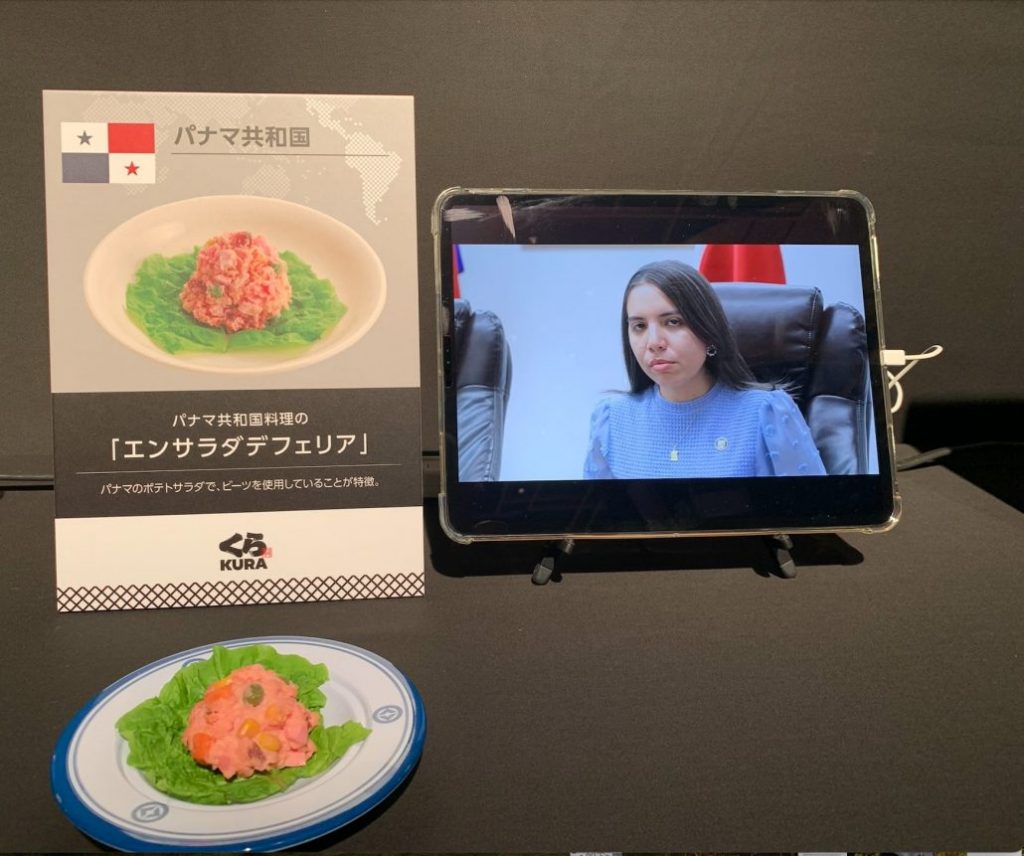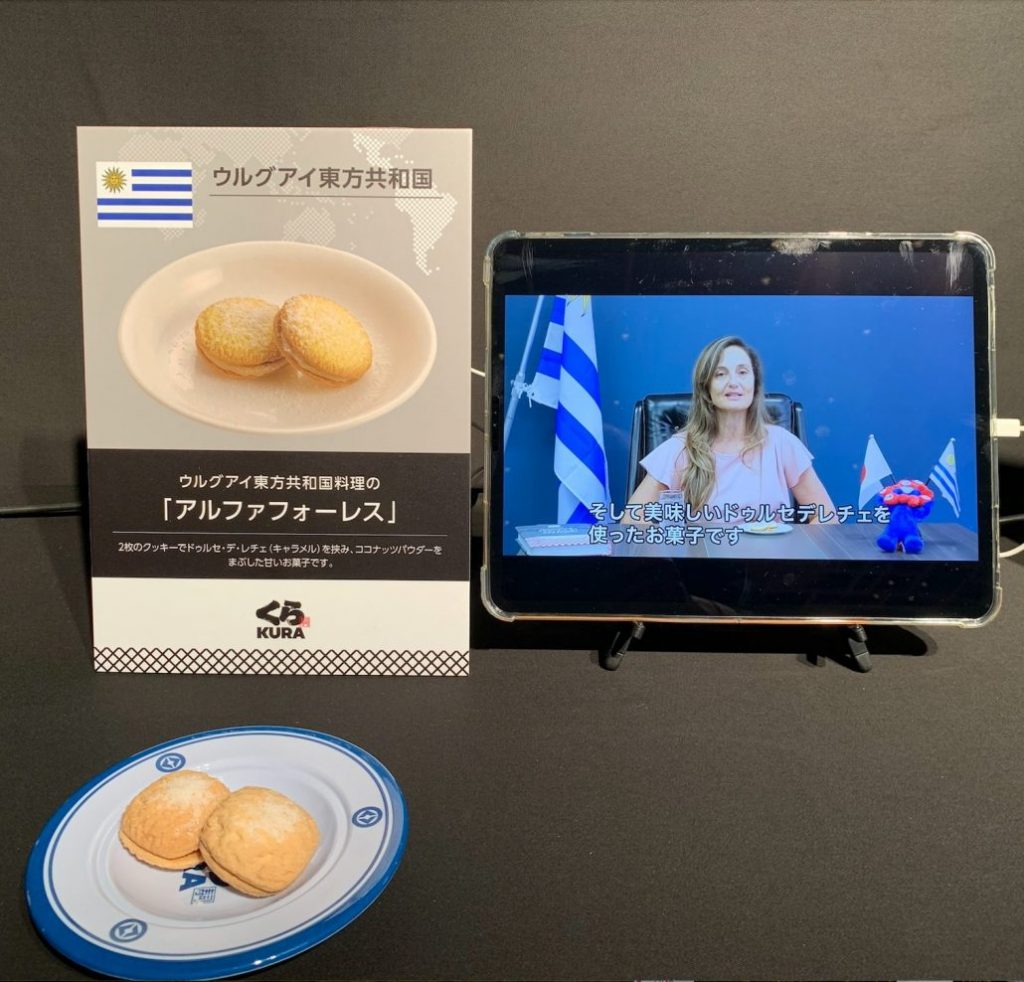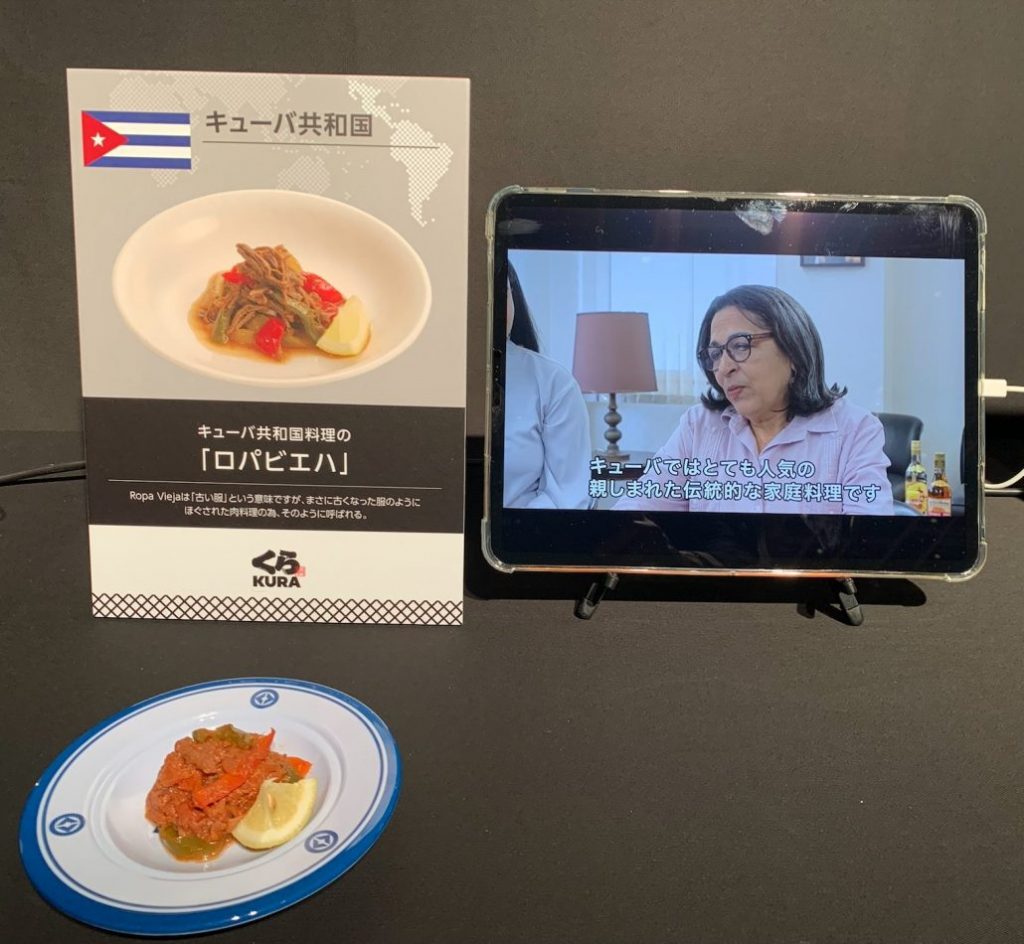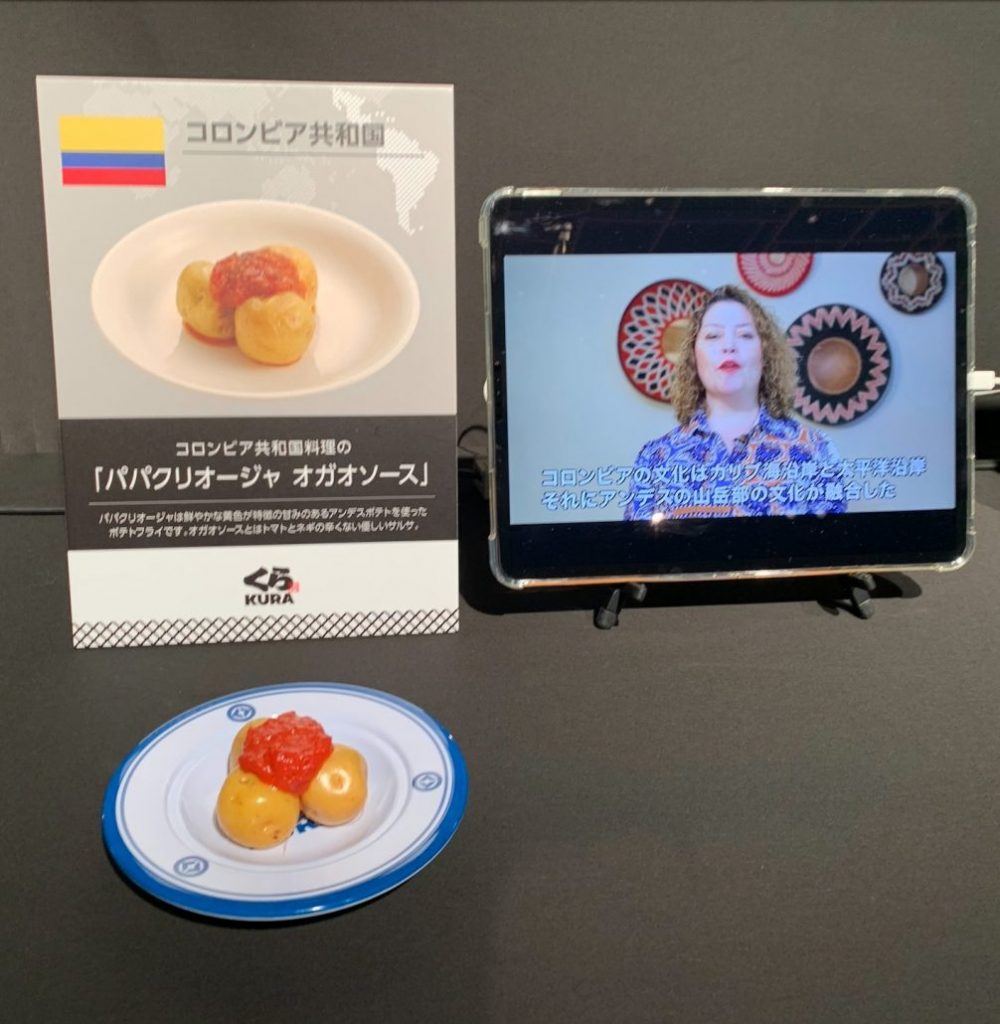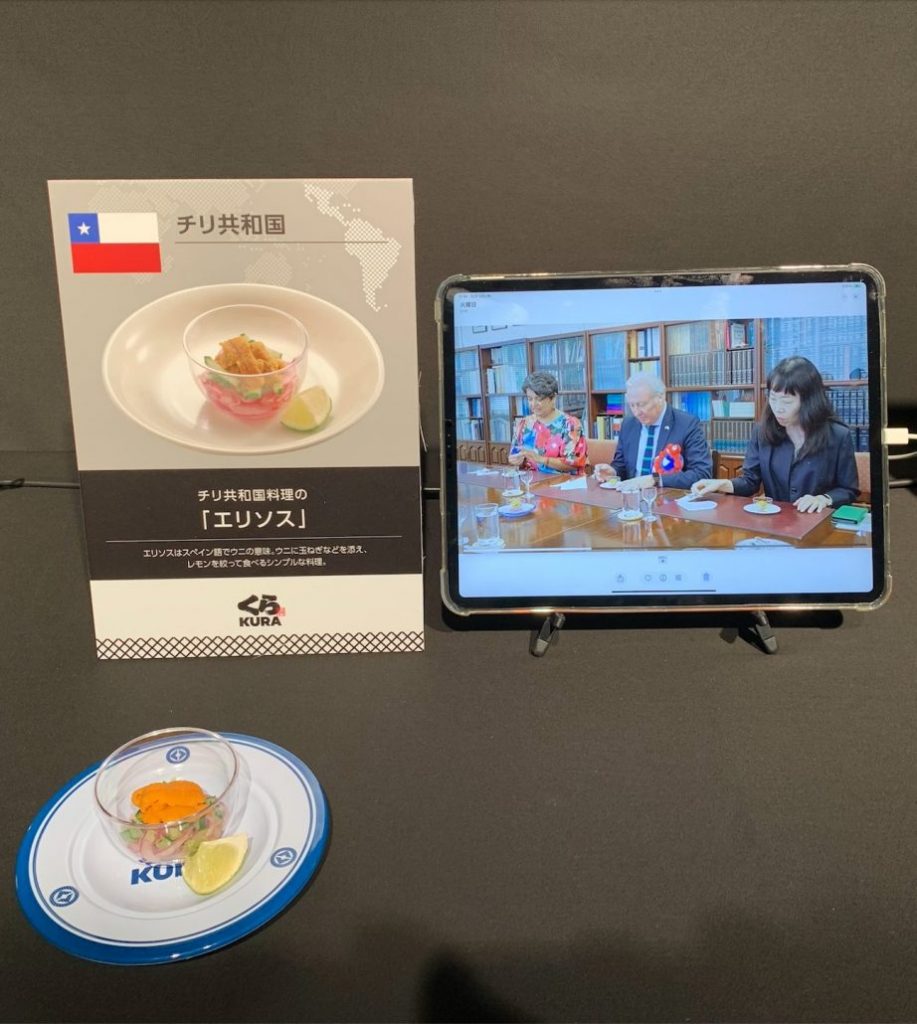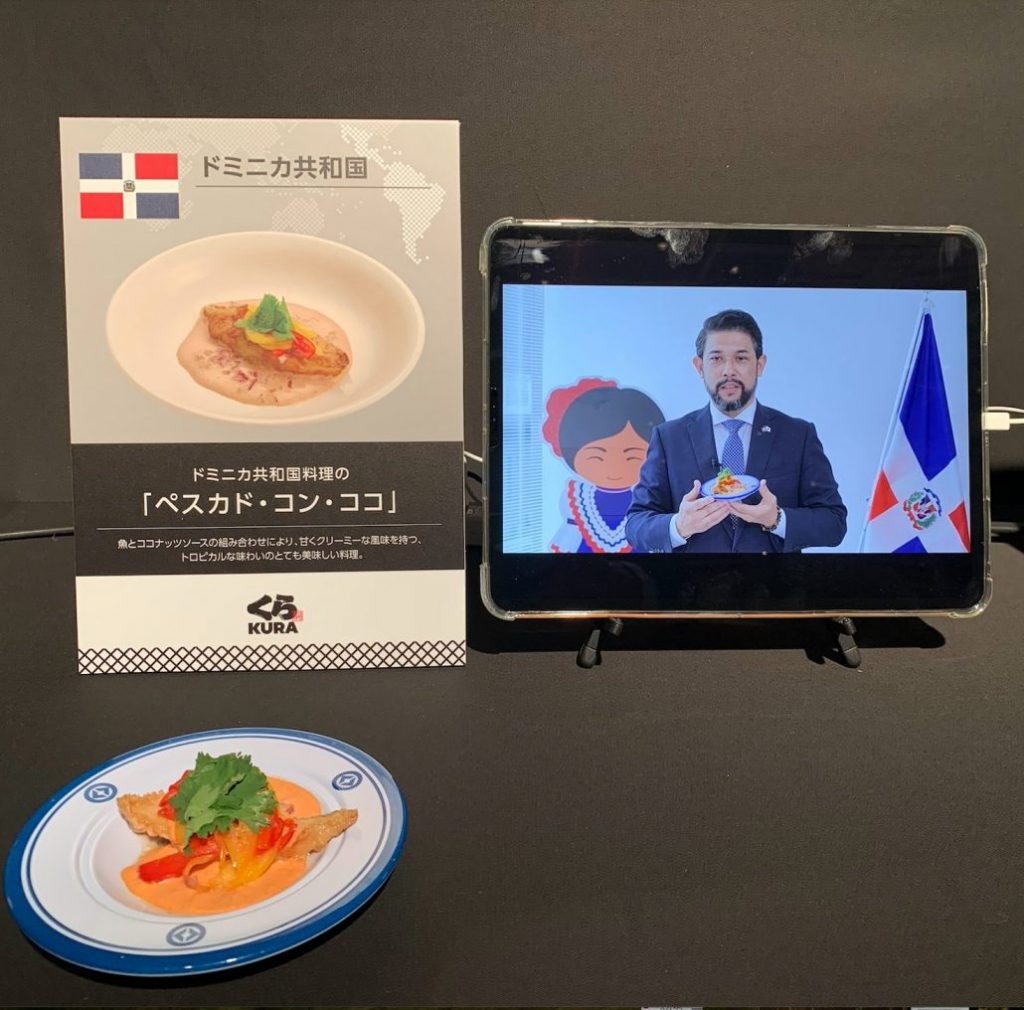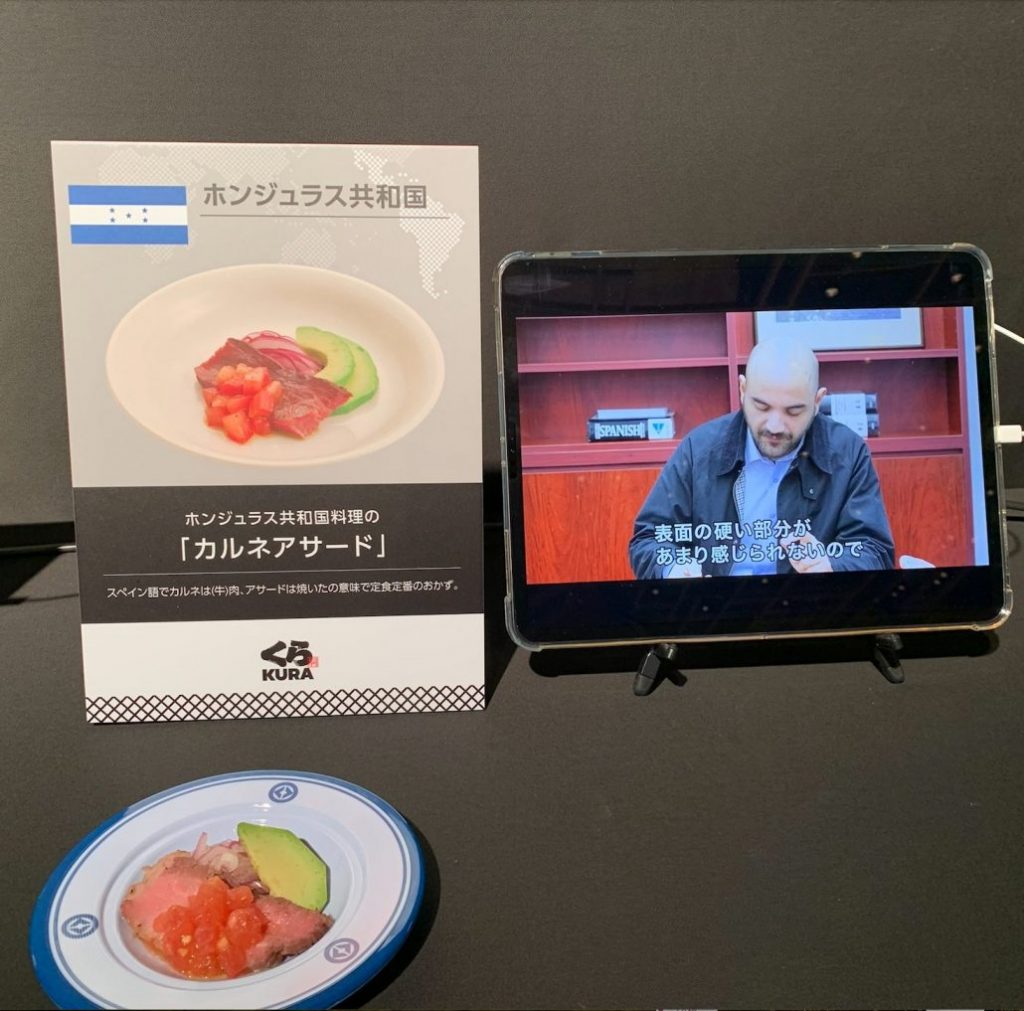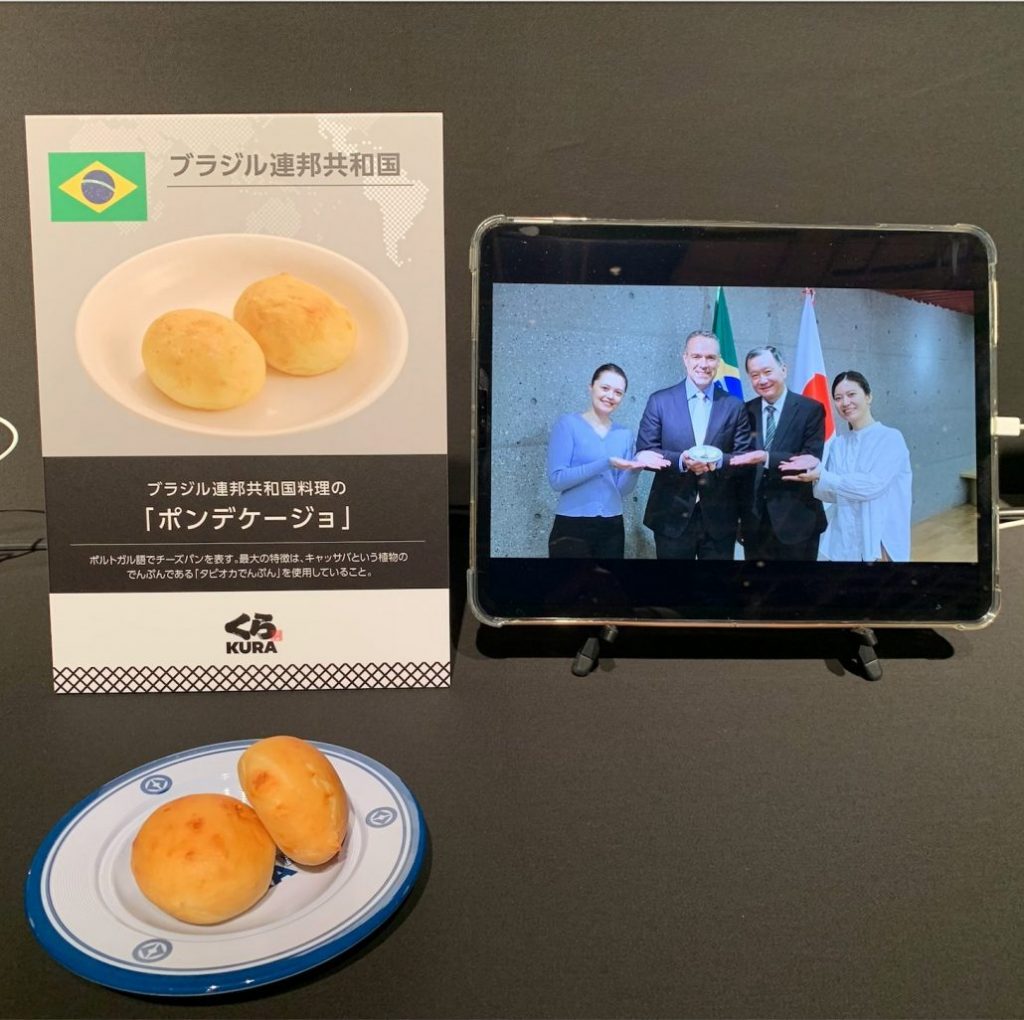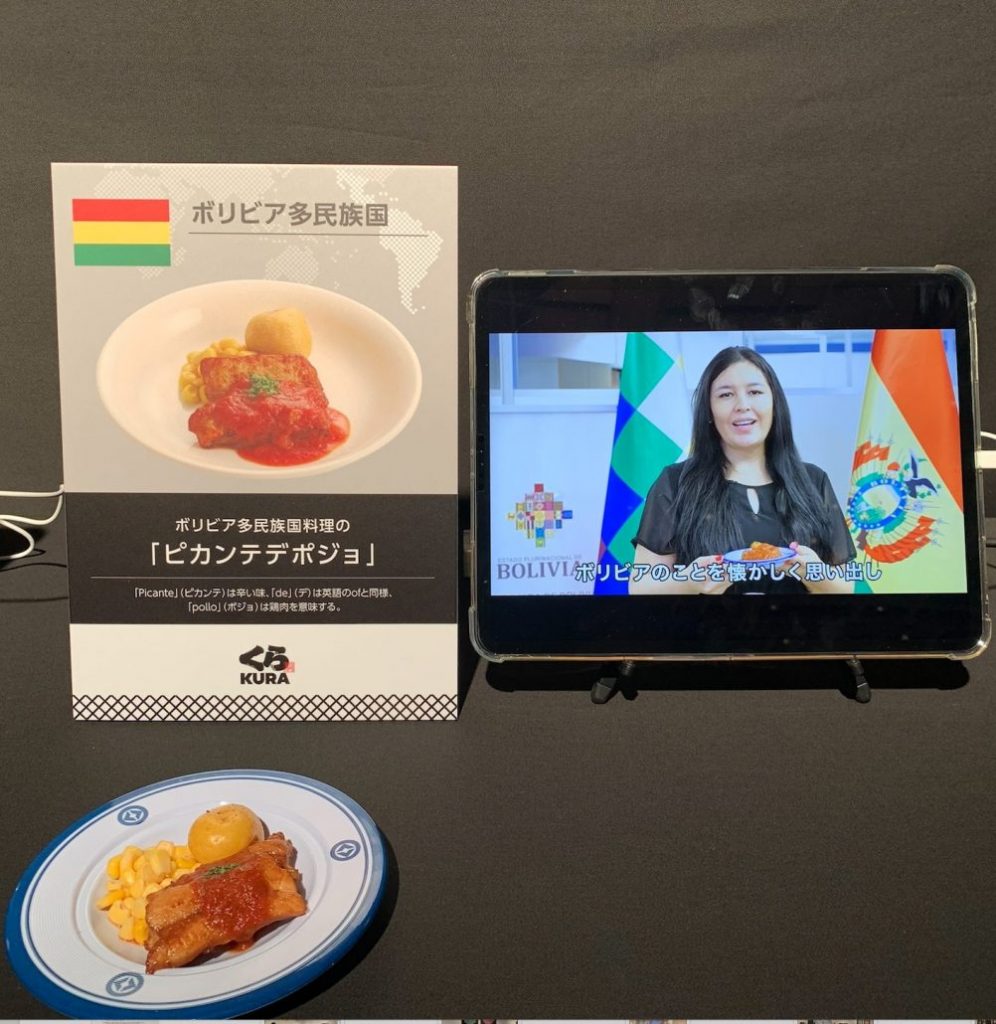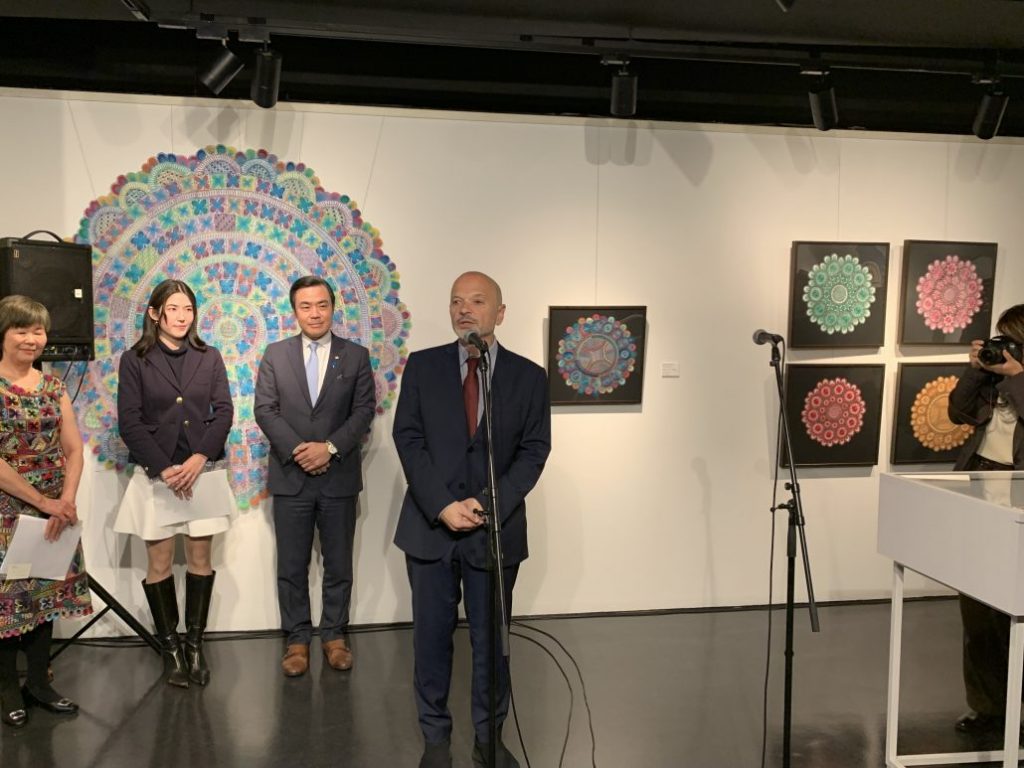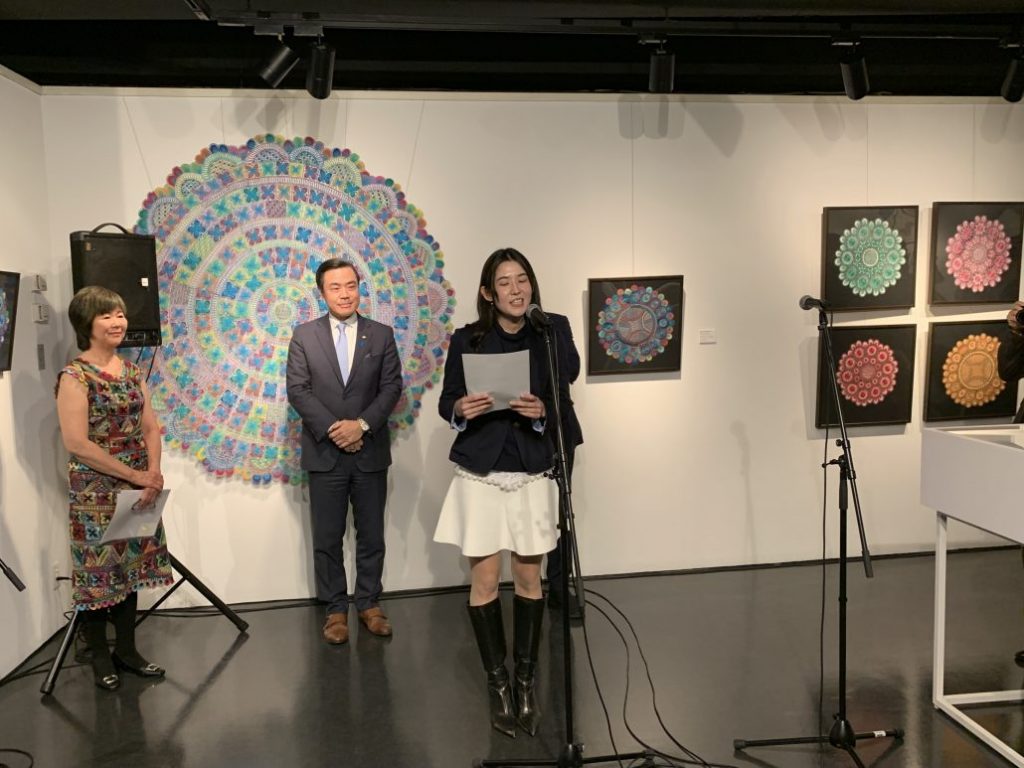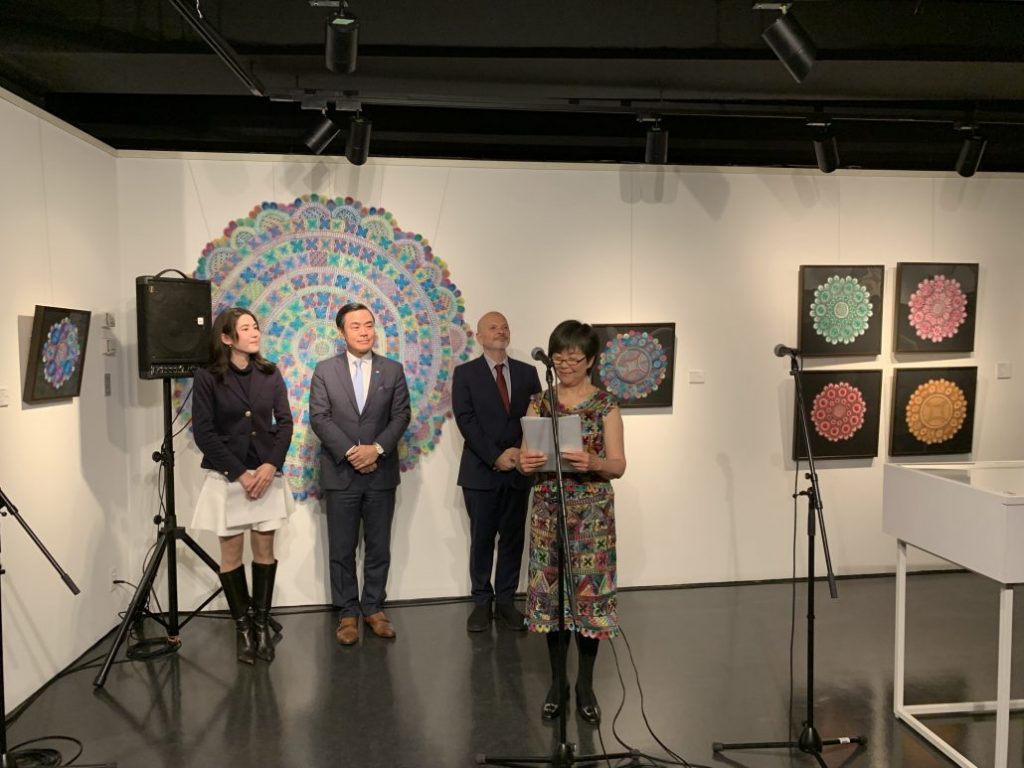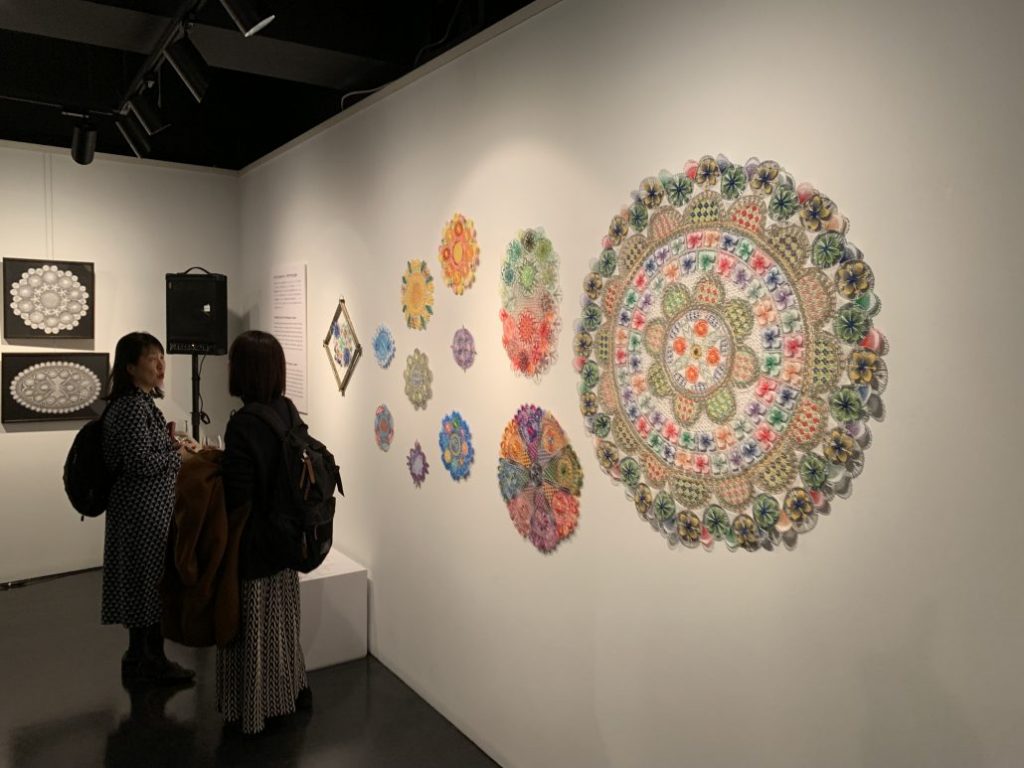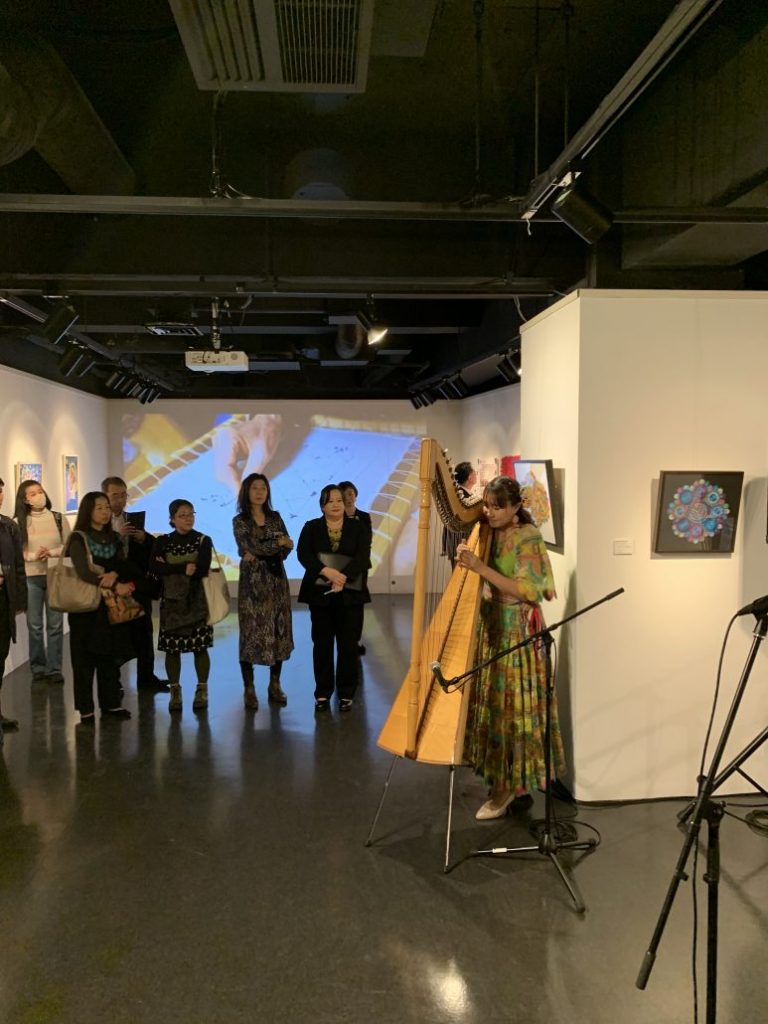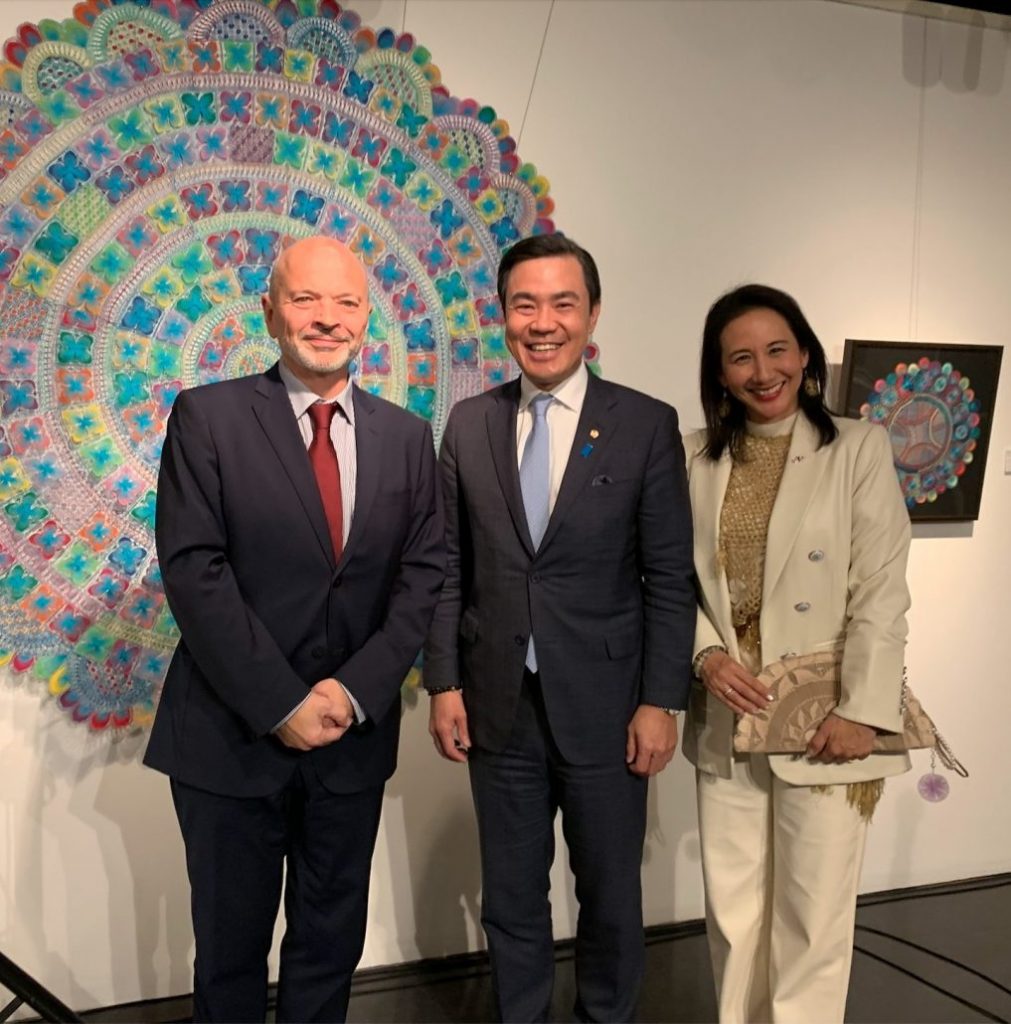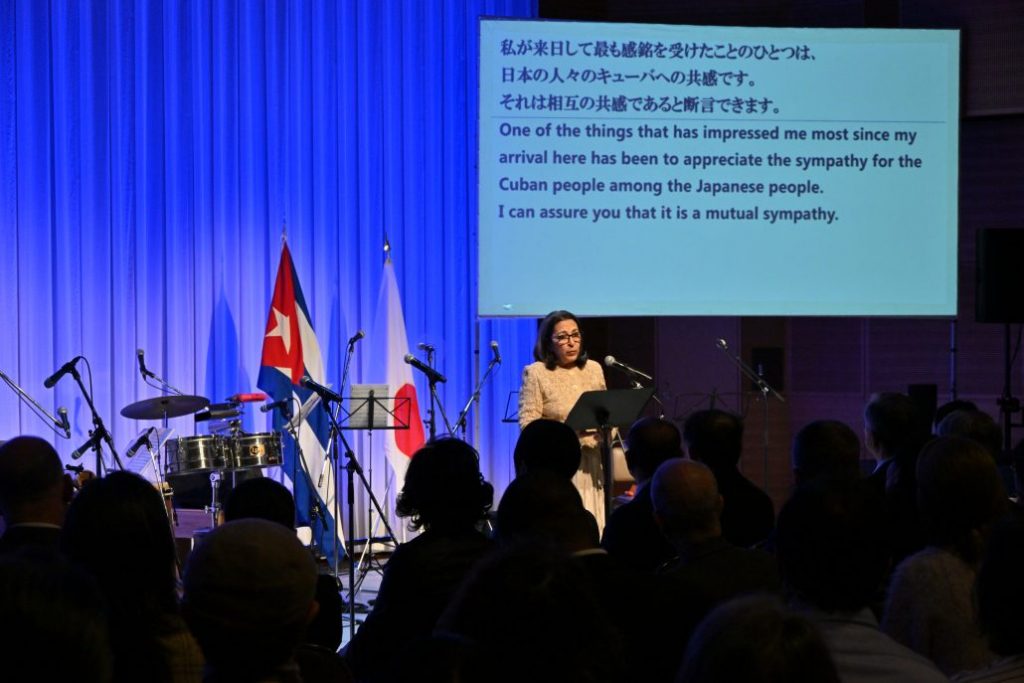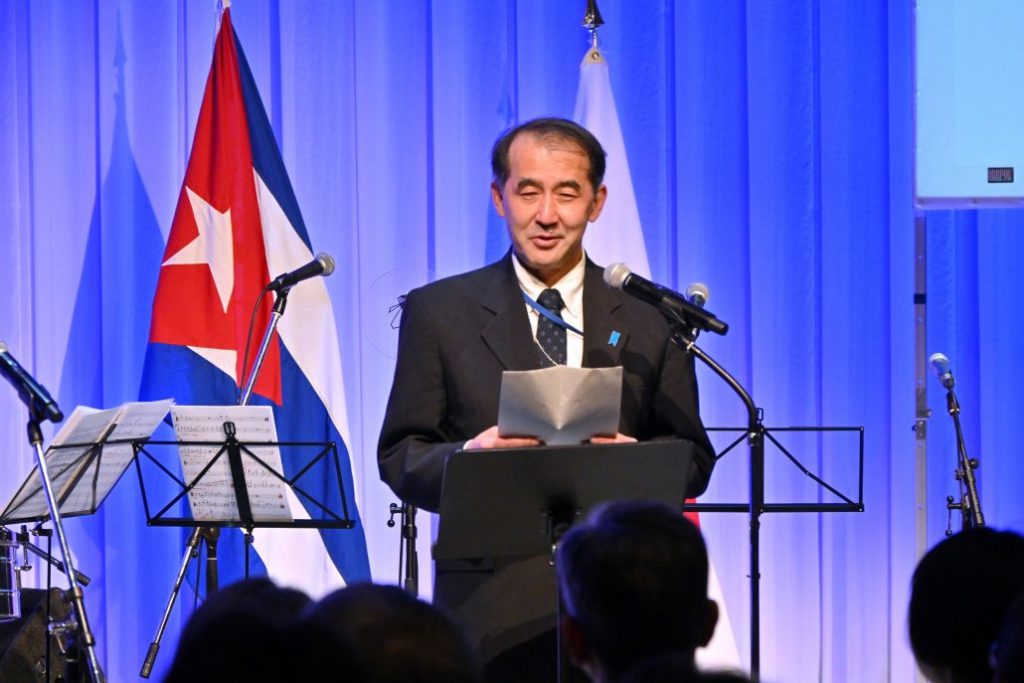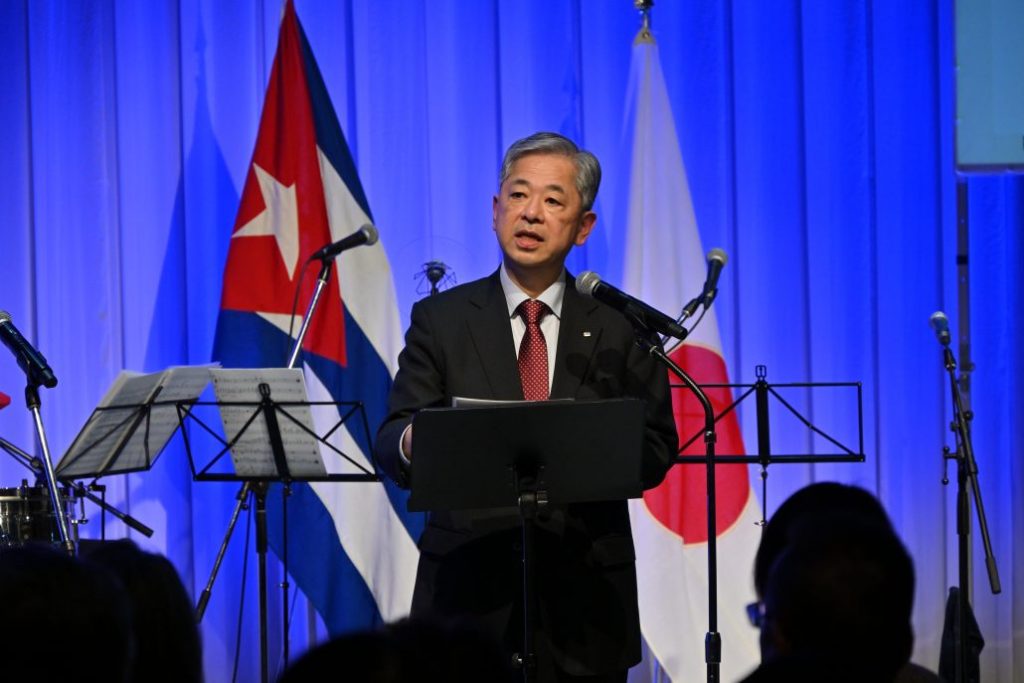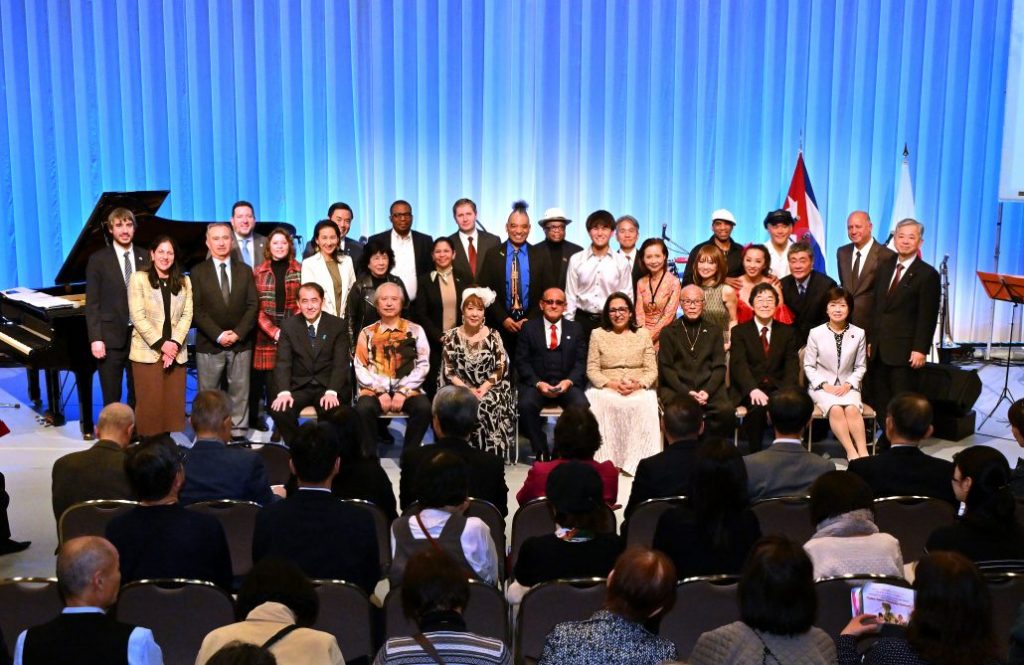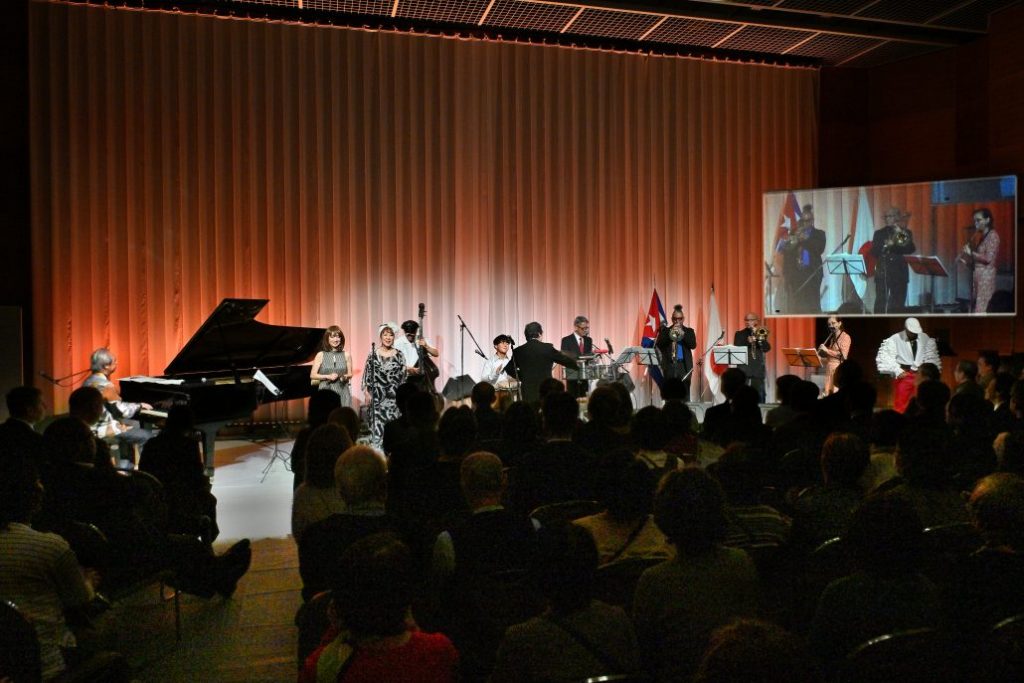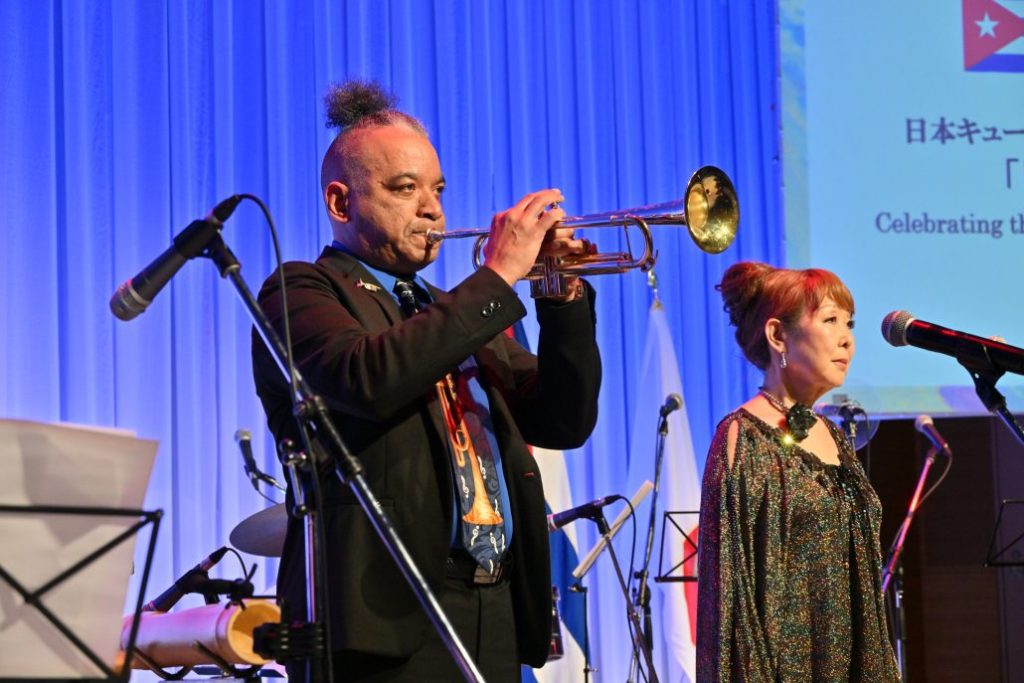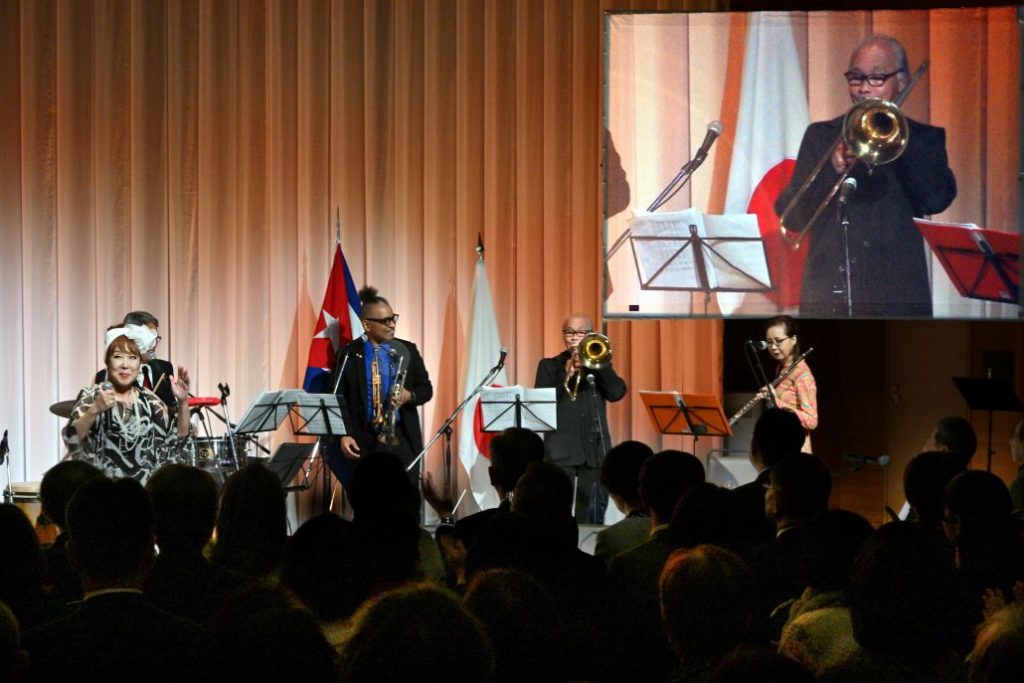The Republic of Ecuador, located in the northwest of South America, is also known as the country of four worlds due to its rich cultural heritage and stunning natural beauty, spanning the Amazon, Andes, Coast, and pristine Galapagos Islands. Positioned at the center of the world, Ecuador features a unique blend of Indigenous, Spanish, and African influences, reflected in its vibrant music, colorful dances, clothing, and varied cuisine.
Quito, the capital of Ecuador, is home to a UNESCO World Heritage Site and was the first city to receive this recognition for its exceptionally well-preserved colonial architecture. Ecuador is also known as the birthplace of the famous handmade hats made of toquilla straw, with a cultural identity deeply rooted in its Indigenous communities, especially in the Sierra and Amazon regions.
The “Country of the Four Worlds: Rhythms of the Andes” event will showcase the country’s
distinctive musical styles, including Andean music and traditional folk dances, along with a
sampling of Ecuadorian cuisine, transporting attendees to the heart of Andean-Ecuadorian culture.
Date and Time: Saturday, June 7, 2025, from 12:00 to 16:00. Doors open at 11:30
Location: Tokyo Portcity Takeshiba, Port Hall, First Floor.
Address: 1-7-1 Kaigan, Minato-ku, Tokyo.
Access Information
Event Details:
• Live Ecuadorian music band
• Traditional dance performance and free dancing for enjoyment and exercise
• Delicious Ecuadorian cuisine
• Video presentation of tourist attractions
• Exhibition and sale of Ecuadorian products
Entry Fee:
• Advance payment by bank transfer: 5,000 yen for adults; 2,000 yen for children aged 6 to
17.
• Cash payment at the door: 6,000 yen for adults; 4,000 yen for children aged 6 to 17.
• Free admission for children aged 5 and under.
• The fee includes drinks, food, live music, traditional dance, a presentation of tourist
attractions, and a product exhibition and sale.
Dress Code: CoolBiz, smart casual.
• For men: Long or short-sleeved shirt without a tie, optional light jacket, pants, and
comfortable shoes.
• For women: Lightweight long or short-sleeved blouse (optional jacket), knee-length or
longer skirts or pants, and comfortable low-heeled shoes. No shorts, miniskirts, or beach
sandals are allowed.
Organizer: Japanese Association for the Promotion of Latin America and the Caribbean
(JAPOLAC).
Address: BLINK ROPPONGI 3-1-6-B1 Moto-Azabu, Minato-ku, Tokyo 106-0046.
Email: info@japolac.com. Website: https://japolac.com/
Association of Ecuadorians in Japan (SEKIDO). Website: https://aej-sekido.com/
With the Cooperation of the Embassy of Ecuador.
Registration: Advance registration is required. Please enter your name, number of attendees,
and email address and select the payment method at the following link: https://forms.gle/TzoQ5KWDBE8pBE369
Cancellation: The event will be canceled in the event of a major disaster or force majeure. In the event of cancellation, JAPOLAC will refund half of the entry fee to cover the preparation
expenses as well as bank fees.
Questions or Inquiries: Please email us at info@japolac.com.
We hope you can join us to enjoy and learn more about the food, drink, music, dance, and
especially the wonders of Ecuador, the Middle of the World.

